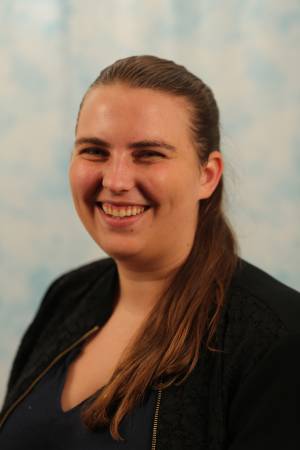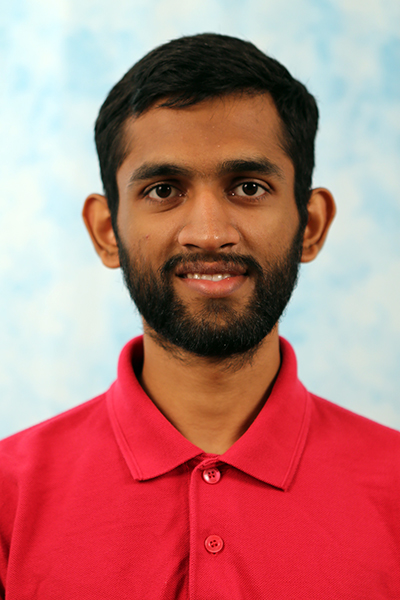Voxel Learning for Novel Instance Detection
Abstract: Detecting unseen instances based on multi-view templates is a challenging problem due to its open-world nature. Traditional methodologies, which primarily rely on 2D representations and matching techniques, are often inadequate in handling pose variations and occlusions. To solve this, we introduce VoxDet, a pioneer 3D geometry-aware framework that fully utilizes the strong 3D voxel [...]
Sensorimotor-Aligned Design for Pareto-Efficient Haptic Immersion in Extended Reality
Abstract: A new category of computing devices is emerging: augmented and virtual reality headsets, collectively referred to as extended reality (XR). These devices can alter, augment, or even replace our reality. While these headsets have made impressive strides in audio-visual immersion over the past half-century, XR interactions remain almost completely absent of appropriately expressive tactile [...]
Evaluating and Improving Vision-Language Models Beyond Scaling Laws
Abstract: In this talk, we present our work on advancing Vision-Language Models (VLMs) beyond scaling laws through improved evaluation and (post-)training strategies. Our contributions include VQAScore, a state-of-the-art alignment metric for text-to-visual generation. We show how VQAScore improves visual generation under real-world user prompts in GenAI-Bench. Additionally, we explore training methods that leverage the language [...]
Whisker-Inspired Sensors for Unstructured Environments
Abstract: Robots lack the perception abilities of animals, which is one reason they can not achieve complex control in outdoor unstructured environments with the same ease as animals. One cause of the perception gap is the constraints researchers place on the environments in which they test new sensors so algorithms can correctly interpret data from [...]
Strategy and Skill Learning for Physics-based Table Tennis Animation
Abstract: Recent advancements in physics-based character animation leverage deep learning to generate agile and natural motion, enabling characters to execute movements such as backflips, boxing, and tennis. However, reproducing the selection and use of diverse motor skills in dynamic environments to solve complex tasks, as humans do, still remains a challenge. We present a strategy [...]
Abstraction Barriers for Embodied Algorithms
Abstract: Designing robotic systems to reliably modify their environment typically requires expert engineers and several design iterations. This talk will cover abstraction barriers that can be used to make the process of building such systems easier and the results more predictable. By focusing on approximate mathematical representations that model the process dynamics, these representations can [...]
Getting Optimization layers to play well with Deep Networks: Numerical methods and Architectures
Abstract: Many real-world challenges, from robotic control to resource management, can be effectively formulated as optimization problems. Recent advancements have focused on incorporating these optimization problems as layers within deep learning pipelines, enabling the explicit inclusion of auxiliary constraints or cost functions, which is crucial for applications such as enforcing physical laws, ensuring safety constraints, [...]
RI Faculty Business Meeting
Meeting for RI Faculty. Agenda was sent via a calendar invite.
Autonomous Robotic Surgery: Science Fiction or Reality?
Abstract: Robotic assisted surgery (RAS) systems incorporate highly dexterous tools, hand tremor filtering, and motion scaling to enable a minimally invasive surgical approach, reducing collateral damage and patient recovery times. However, current state-of-the-art telerobotic surgery requires a surgeon operating every motion of the robot, resulting in long procedure times and inconsistent results. The advantages of [...]
Generative Modelling for 3D Multimodal Understanding of Human Physical Interactions
Abstract: Generative modelling has been extremely successful in synthesizing text, images, and videos. Can the same machinery also help us better understand how to physically interact with the multimodal 3D world? In this talk, I will introduce some of my group's work in answering this question. I will first discuss how we can enable 2D [...]
A retrospective, 40 Years of Field Robotics
Abstract: Chuck has been building and deploying robots in the field for the past 40 years. In this retrospective he will touch on the robots, people and experiences that have been part of the journey. From the early days in the 1980s with the Three Mile Island nuclear robots and the first outdoor autonomy robots [...]










